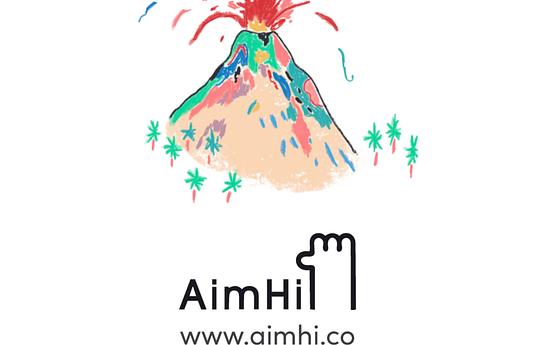Across Africa, teachers learn student-centered methods as concepts, in lectures. Even with competency-based curricula, lessons are rarely contextual or practical, and competencies are mainly academic. L3 changes this, training teachers in active learning methods as concepts and practice and fostering growth mindsets and strategies to produce evermore effective and joyous learning.
L3 links learning to pupils’ contexts, making learning practical and fostering diverse competencies, echoing the likes of Dewey and Vygotsky. It grounds the curriculum in pupils’ daily lives, drawing on their social, economic, natural, and cultural contexts. So, rather than studying Animals in Our Community from a text as content to memorize, L3 engages students in groups to identify animals that they encounter, propose ways to categorize them, specify what they can and wish to learn, answer the questions for specific animals via observation and inquiry, then present what they learned. Teachers learn to do this via training that has them experience the methods as if they are students, design their own L3 lessons for peers to critique, practice the methods with their pupils, and work together and with supervisors to keep improving, including with digital inputs. In both countries, studies show that pupils who learn this way tend to excel as they continue their formal schooling.
The spread of L3 has taken a few forms in the two countries. Quantitatively, L3 is the basis of Geneva Global’s Speed School program which has brought over 400,000 out-of-school children into mainstream schooling, where they disproportionately excel. Geographically, new districts embrace the model each year, and funders support its use for new populations, such as internally displaced groups. In Ethiopia, government now funds and operates over 90% of Speed School classes (over 2,400). Structurally, the two governments engage Geneva Global to help introduce L3 into both pre-service and in-service teacher training, aiming to improve learning across all primary education (and secondary education, in Ethiopia). This has included changes to training curricula and to how training occurs.
To adopt L3, Geneva Global will be happy to discuss tailored training and support. The main steps are to: (1) condense the curriculum; (2) train trainers and district agents in the L3 pedagogic model and methods and the holistic training approach; (3) establish and operate pilot classes and train teachers; (4) build evidence; then (5) contextualize and institutionalize the model.

.png)
